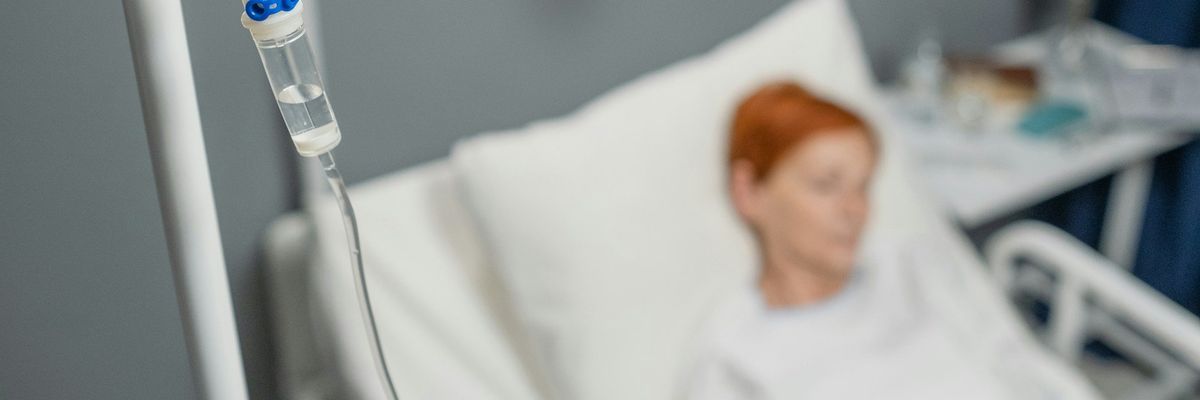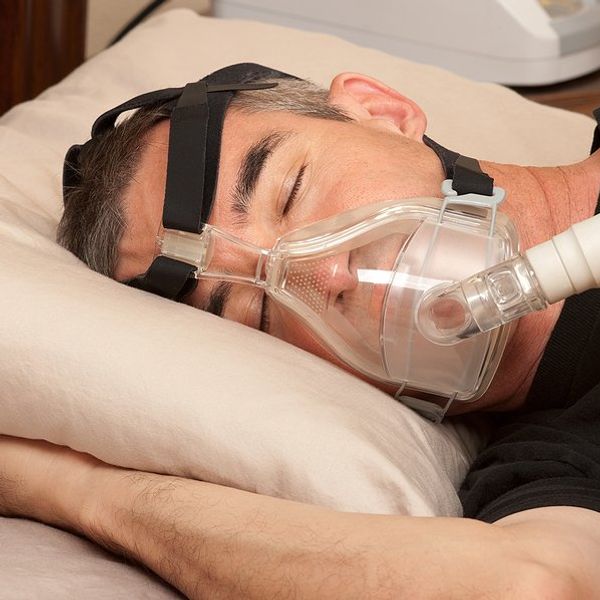A plastic additive known to interfere with testosterone production is facing restrictions in at least two states.
The bills address plastic IV bags, tubing and other medical devices and would prohibit medical manufacturers from using plastics with Diethylhexyl Phthalate (DEHP).
The additive, commonly used to make polyvinyl chloride, or PVC, interferes with breast cancer treatment. Research also suggests it disrupts normal male reproductive development.
"My legislation is critical for patient safety," said Pennsylvania State Sen. Lisa Boscola, who introduced one of the bills. "Exposure to DEHP can have serious health repercussions especially for high-risk patients."
In California, a similar bill prohibiting DEHP in intravenous solutions containers and tubing passed out of the Assembly Health Committee last week by a 10-1 vote.
"You could say that DEHP is just the first step, but it's a very big step," Janet Nudelman, senior director for program and policy at Breast Cancer Prevention Partners, said. "It is the plasticizer that you see the most."
DEHP has been on regulators' radar since the early 2000s: Japan banned it from toys and food-handling gloves in 2001; Europe banned it from toys and childcare articles in 2007, and the U.S. followed in 2008. Kaiser Permanente, which spends more than $1 billion annually on medical equipment, announced in 2012 it would not buy any intravenous medical equipment made with PVC or DEHP.
"You could say that DEHP is just the first step, but it's a very big step." - Janet Nudelman, Breast Cancer Prevention Partners
The U.S. Food and Drug Administration even warned the healthcare industry 20 years ago to avoid DEHP, Nudelman said. "But it never acted on its own advice."
The chemical remains in widespread use. Global DEHP production was more than 2 million tons in 2006 and is expected to "rise at a considerable rate" in the next decade, according to an industry research report.
"You get DEHP out of IV bags and tubing, and you're really doing a lot of good," Nudelman said. "The idea that we should be pumping a toxic chemical into a patient who is already sick … is outrageous."
Correction: An earlier version of this story misstated when Kaiser Permanente announced it would not buy IV equipment made with PVC or DEHP: It was 2012, not 2023.
- Reimagining healthcare to reduce pollution, tackle climate change and center justice ›
- How diapers and menstrual pads are exposing babies and women to hormone-disrupting, toxic chemicals ›
- What will it take to give babies a phthalate-free start in the world? ›
- Ridding health care of environmental injustices and toxic chemicals ›
- Lawmakers urge action on safer medical products ›

























